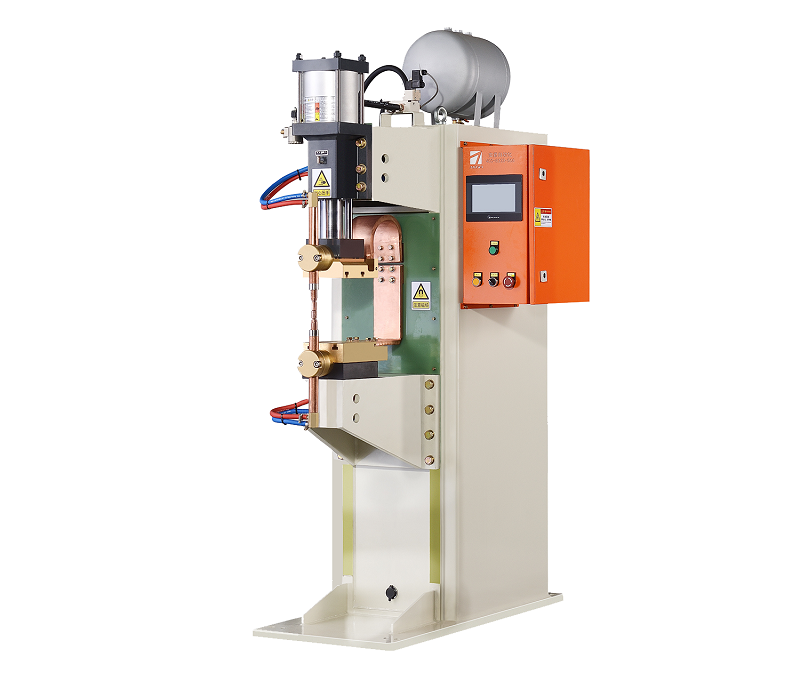Electrodes play a critical role in the performance and quality of welds produced by medium-frequency inverter spot welding machines. Various factors can influence the effectiveness and longevity of electrodes in these machines. This article explores the factors that can impact electrodes in medium-frequency inverter spot welding machines and their implications on the welding process.

- Electrode Material: The choice of electrode material is a crucial factor that affects the welding process. Different materials, such as copper, chromium-zirconium copper (CuCrZr), and other alloy compositions, can be used for electrodes. Each material has its unique properties, such as thermal conductivity, electrical conductivity, and resistance to wear and erosion. The selection of the appropriate electrode material depends on factors such as the workpiece material, welding current, and desired welding performance.
- Electrode Coating: Electrodes are often coated to enhance their performance and durability. Coatings can provide benefits such as improved resistance to wear, increased thermal conductivity, and reduced adhesion of contaminants. Common electrode coatings include copper alloys, tungsten, molybdenum, and various surface treatments. The choice of coating depends on the specific welding requirements and the materials being welded.
- Electrode Shape and Size: The shape and size of the electrodes can significantly impact the welding process. Factors such as electrode tip geometry, electrode face area, and electrode force distribution can affect heat transfer, current density, and pressure distribution during welding. Optimal electrode shape and size are determined by the joint design, workpiece material thickness, and desired weld quality.
- Electrode Wear and Maintenance: Electrodes experience wear and degradation over time due to the harsh welding conditions. Factors such as welding current, welding time, electrode force, and the workpiece material can accelerate electrode wear. Regular maintenance, including electrode dressing, reconditioning, and replacement, is essential to ensure consistent performance and prevent issues like sticking, pitting, or spattering.
- Cooling and Heat Dissipation: Effective cooling and heat dissipation are crucial for maintaining the integrity of electrodes. Excessive heat can lead to electrode deformation, reduced conductivity, and accelerated wear. Proper cooling mechanisms, such as water cooling or air cooling, should be employed to control the electrode temperature and maintain optimal performance.
Several factors can influence the performance of electrodes in medium-frequency inverter spot welding machines. The choice of electrode material, coating, shape, and size, as well as proper maintenance and cooling, are key considerations for achieving successful welds. Understanding these factors and their impact on the welding process will enable operators to optimize electrode selection, improve weld quality, extend electrode lifespan, and enhance overall welding efficiency in medium-frequency inverter spot welding applications.
Post time: Jun-28-2023







